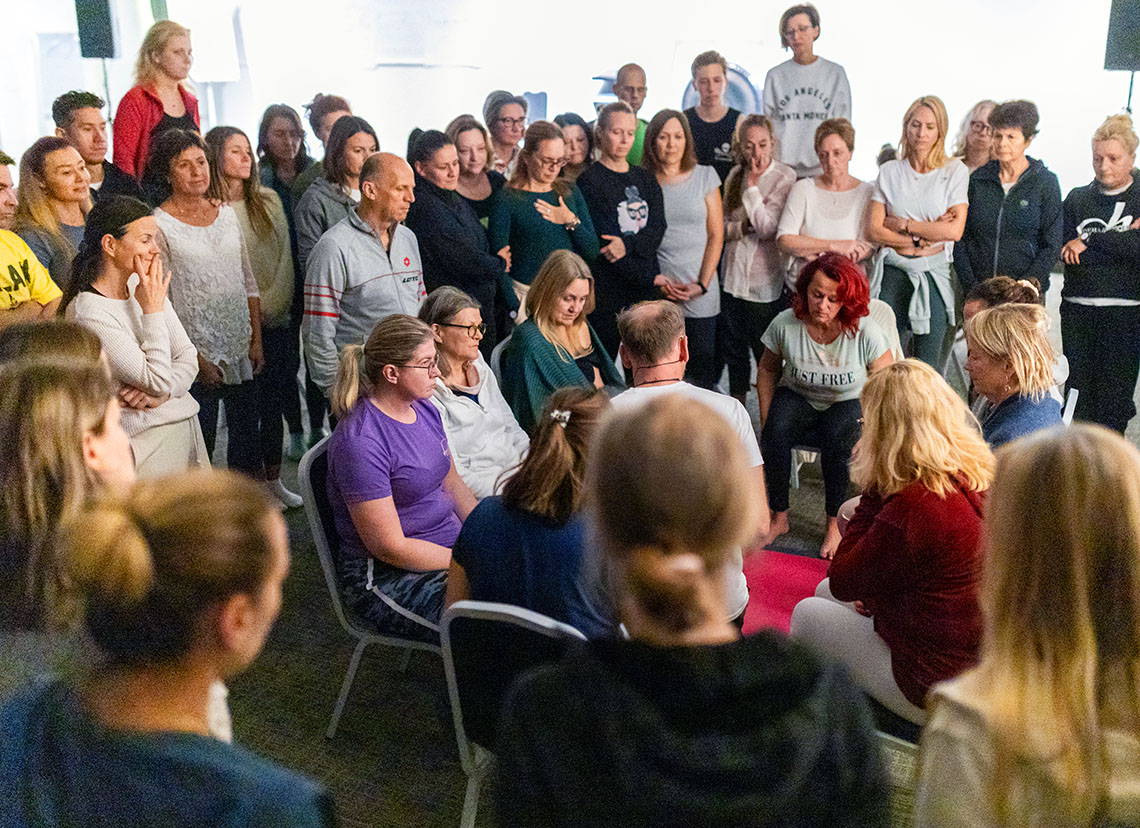The ability to forgive can transform lives and improve mental health, relationships, and overall well-being. In this article, we will explore the different types of forgiveness, the benefits of forgiveness, and how to practice forgiveness in our daily lives.
What is Forgiveness?
Forgiveness is the act of letting go of anger, resentment, or bitterness towards someone who has wronged us, whether in our daily lives, in a relationship, or in our careers.
When we can forgive, we release the negative emotions engendered by the hurt caused to us and replace them with the positive emotions of compassion, empathy, and understanding.
Holding onto grudges or wanting revenge are normal reactions. However, we cannot move forward if we still hold onto negative feelings – it hurts us rather than the person who wronged us. Now, forgiveness does not mean we are expected to forget about the hurt caused or excuse it, nor is it necessary to try to reconcile with the person.
The Benefits of Forgiveness
Studies have shown that forgiving others can lead to improved mental health, reduced stress and anxiety, better relationships, and increased happiness and well-being.
Improved mental health
Forgiveness has been linked to lower levels of depression, anxiety, and stress. When we hold onto anger or resentment towards someone, it can negatively impact our mental health.
Reduced stress and anxiety
Lowered cortisol levels occur when we can forgive. Cortisol is a hormone released in response to stress, and high levels can lead to adverse health outcomes such as weight gain or heart disease.
Better relationships: Even though you may not be communicating with the person you need to forgive, being able to forgive will automatically improve relationships with other people around you by increasing feelings of empathy, compassion, and understanding. We are more likely to communicate effectively when not nursing a grievance.
Increased happiness and well-being
If we let go of negative emotions and focus on positive ones, we are more likely to experience happiness. A person who has forgiven past hurts is better able to experience joy and contentment in life. Holding a grudge has been likened to cancer that eats away at your psyche, slowly poisoning you so you cannot enjoy life.
How to Forgive
Forgiving someone can be challenging, but steps to ease the process include acknowledging our feelings, practising empathy and compassion, and choosing to let go of negative emotions.
Common fears associated with forgiveness include fear of vulnerability, rejection, or being hurt again, but the strategies for overcoming fear and embracing forgiveness include:
- practising self-compassion
- engaging with supportive family and friends
- seeking counselling
- removing yourself from those who have hurt you if you cannot reconcile
Forgiveness, like grieving, is a process that may take time.
Forgiveness in Relationships
Forgiveness is critical in romantic relationships, where hurt feelings and misunderstandings can quickly occur. Practising forgiveness within a relationship can improve communication and trust, leading to a more vital and fulfilling partnership.
Strategies for practising forgiveness in relationships include practising empathy and compassion, communicating openly and honestly with our partner, and setting boundaries when necessary. Always put yourself in the other person’s position to better understand how and why they react in a certain way. It is also important to remember that forgiveness is a two-way street.
Self-Forgiveness
Research has shown that forgiveness can significantly impact our mental health. Forgiving others has been linked to a marked improvement in feelings of depression and anxiety, as well as increased feelings of happiness and well-being.
By choosing to forgive, we release ourselves from a cycle of negative emotions and open ourselves to a new cycle filled with compassion, empathy, and understanding.
We all have times in our past when we have hurt others or acted in ways that go against our values. It can be difficult to forgive ourselves for these actions, and often we carry around a heavy burden of guilt that prevents us from healing and moving forward in life.
However, it’s important to remember that true self-forgiveness is not about condoning our actions or forgetting what we have done. Instead, it involves taking responsibility for our actions and moving towards a place of self-compassion.
If you are struggling to forgive yourself, it’s important to address your past so that you can move forward.
Remember, forgiving yourself is not only possible but essential for your healing and growth.
Feeling lost and overwhelmed? You deserve to take charge of your life and find happiness. Don’t know where to start? No worries! Join our one-time-only, FREE online coaching call and learn practical tools to help you manage negative emotions, let go of what’s holding you back, and achieve self-mastery. It’s time to take control and live your best life!






